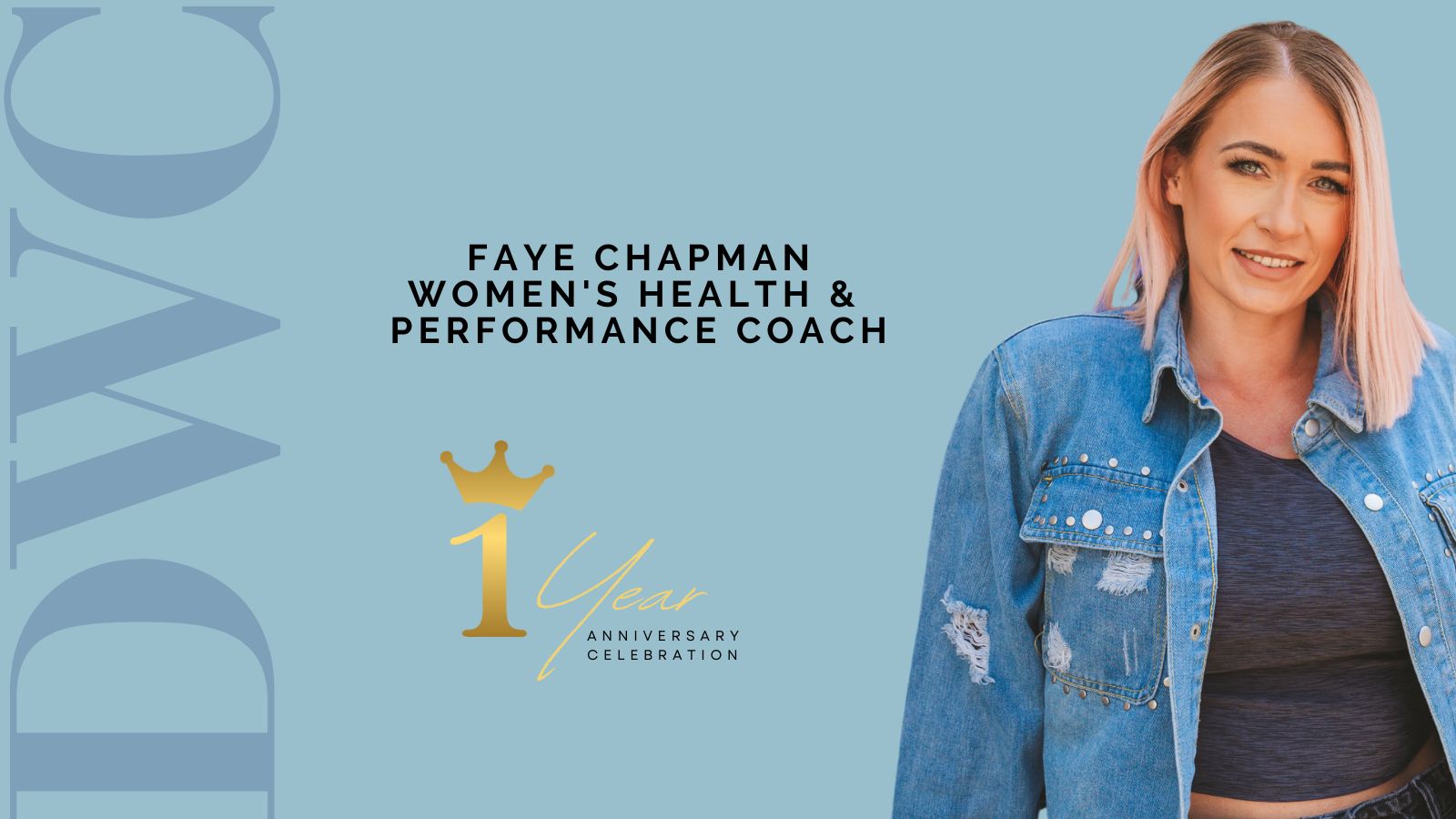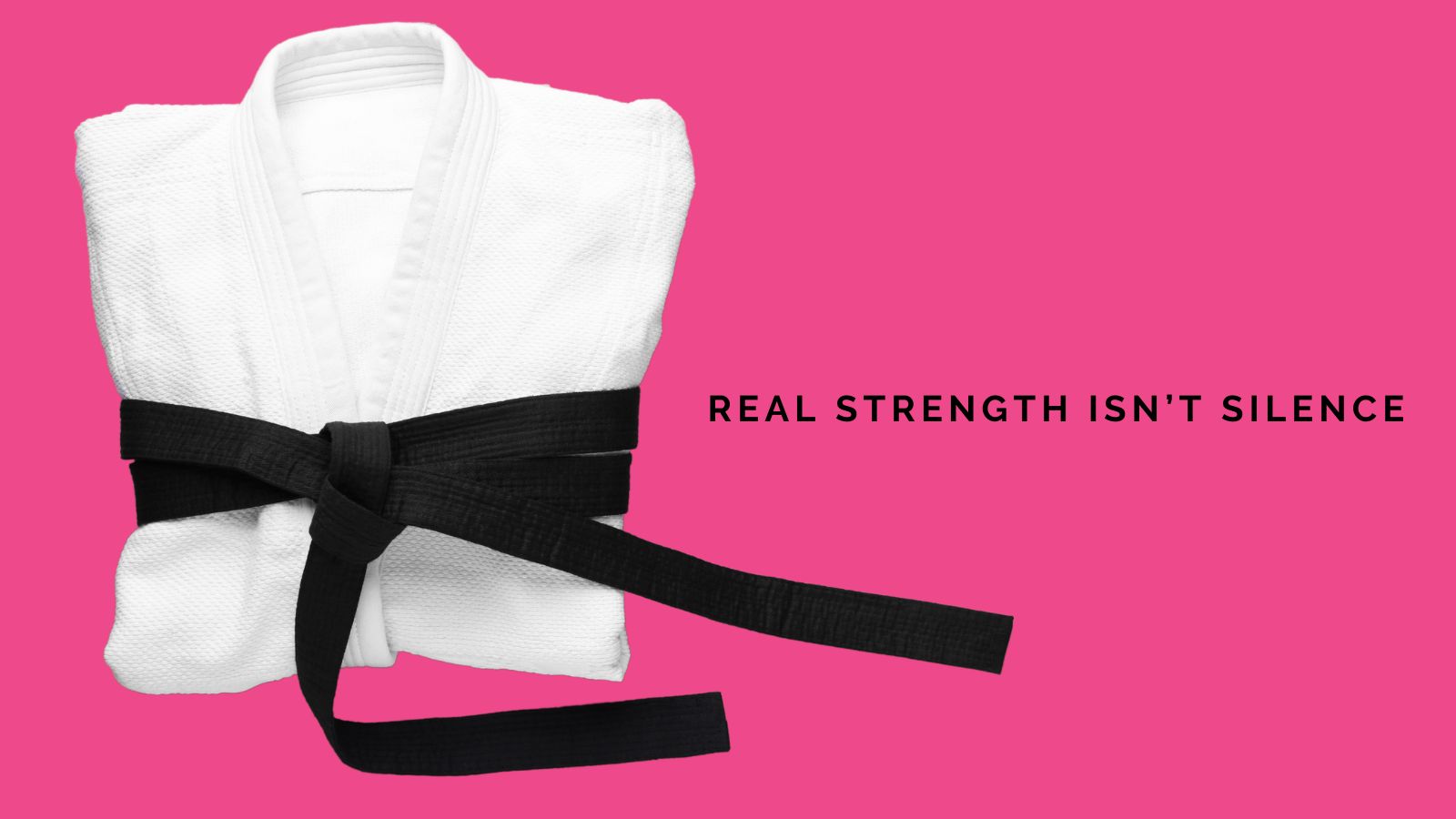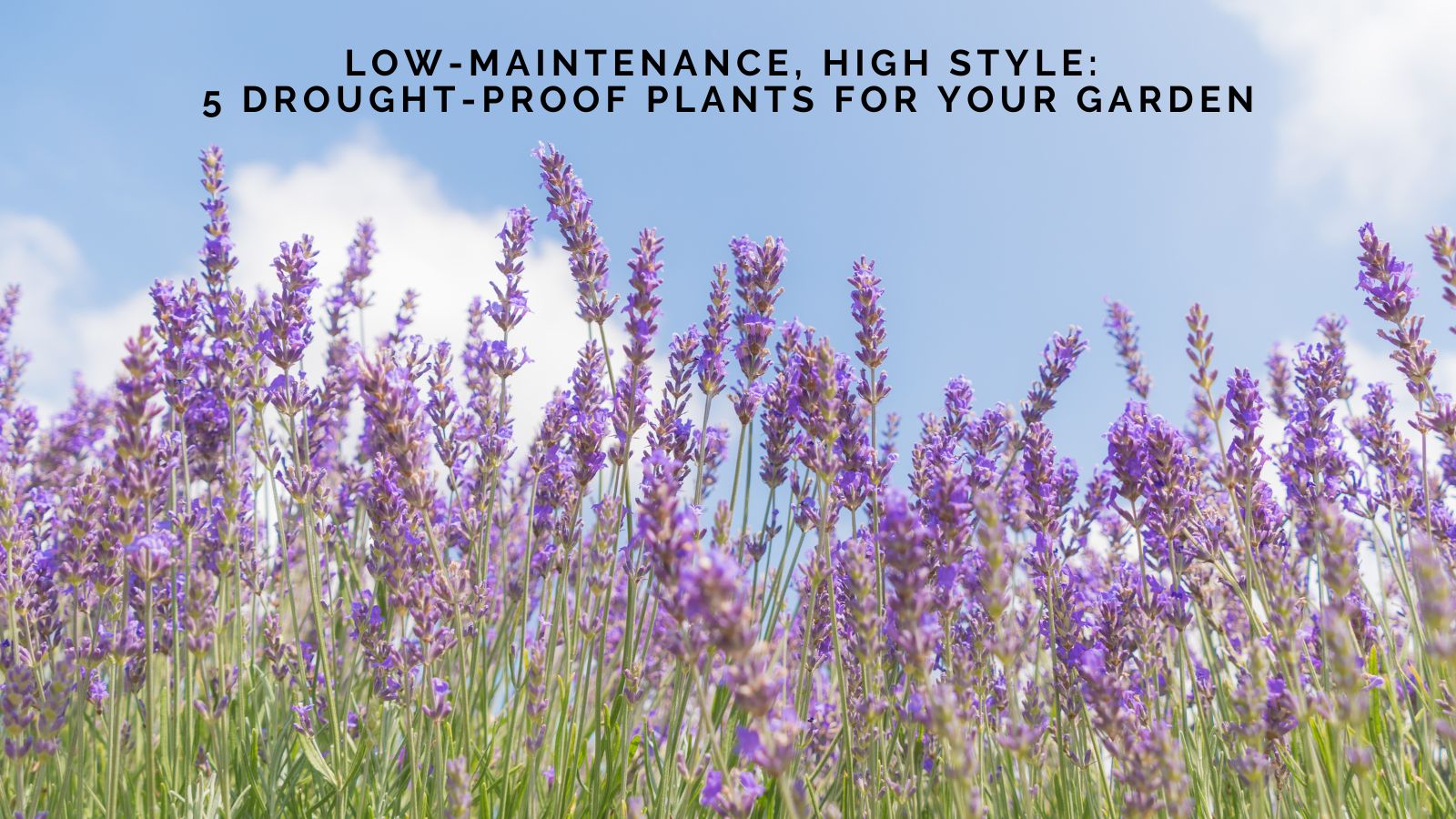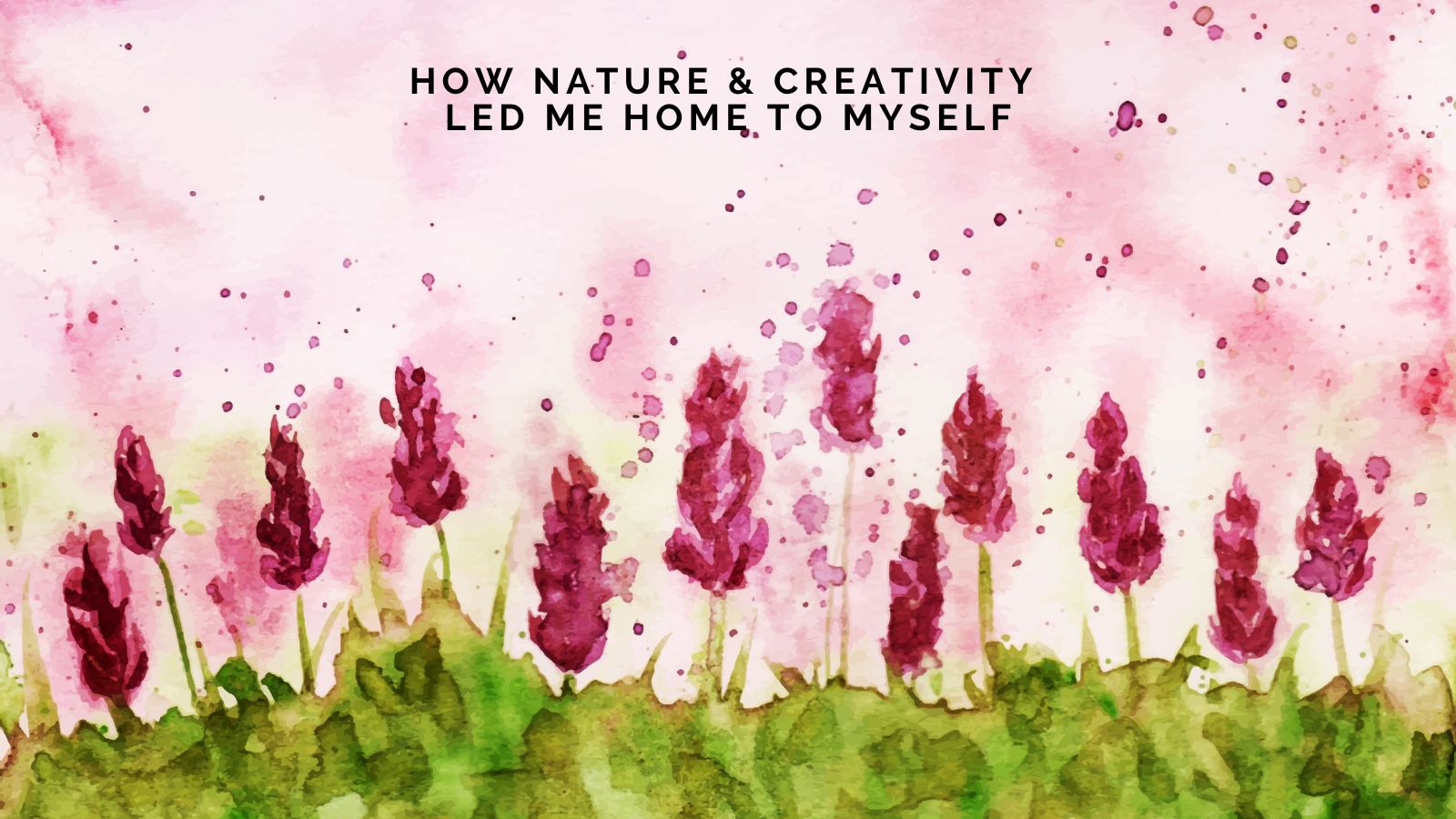.jpg)
Life has a way of throwing changes at us—some expected, some not. A breakup. A loss. A move. A health scare. A career shift. Big changes can leave us feeling like we’re standing on shifting sand, trying to find our balance again.
One of the most common responses I see, and have personally experienced, is this: throw yourself into work. Pour your energy into a project. Start a business. Organise every drawer. Launch something new. On the surface, this might seem like a healthy response—and sometimes, it is. But it’s also worth asking: am I doing this to heal, or to avoid?
Let’s talk about the upside, the downside, and most importantly, the balance.
Work gives structure.
When everything else feels out of control, work offers a sense of routine. You wake up, you know what you’re doing, and that rhythm can feel grounding.
It’s also a focus point. Rather than spinning thoughts about what’s been lost or changed, your mind has a task. Whether it’s answering emails, building a website, or designing something creative, the act of doing gives your brain something to latch onto. This can be especially helpful in the early days after a major life shift.
Productivity can also restore a sense of identity. If you’ve been through a breakup, a job loss, or a big move, you might find yourself asking, Who am I now? Pouring yourself into a project can help you rediscover a version of yourself that feels capable and focused.
The trouble comes when work becomes more than a comfort—it becomes a shield.
If you’re keeping busy just to avoid sitting with your emotions, that’s something to gently pay attention to. It’s easy to say, I’m fine—I’m just busy, but busyness is not the same as healing.
Emotions don’t disappear just because we’ve packed our days full. They’ll find a way to surface eventually, often when we least expect it. The longer they’re ignored, the heavier they tend to feel when they resurface.
Overworking can also lead to burnout. You might be trying to feel better, but if you’re running on empty, the pressure can actually make your emotional state worse. Anxiety creeps in. You feel disconnected from people. You stop sleeping properly. That’s not healing—that’s numbing.
Balance doesn’t mean you can’t work hard or dive into a project. It just means doing so with awareness.
Here are a few gentle things to try:
Ask yourself why. Before starting a new project, ask: Is this something I truly want to do, or something I’m doing to avoid feeling something else? Be honest with yourself. No judgement.
Build in pauses. Even during busy days, take five minutes to check in. Sit quietly. Breathe. Ask: How am I feeling right now? You don’t have to fix anything—just notice.
Set boundaries. Give yourself a stopping point in your workday. The temptation to keep going—especially if you’re working from home or starting over—can be strong. But rest is not a luxury. It’s a need.
Stay connected. When we throw ourselves into work, we often isolate. Keep a line open to a friend, a therapist, or a trusted loved one. Talk to someone who doesn’t expect you to be “okay”.
Let feelings come. When the tears, sadness, frustration, or confusion bubble up—let them. You’re not failing. You’re simply being human.
Work can be a helpful companion during life changes. It can steady us when we feel wobbly. It can give us purpose when everything else feels unclear.
But it’s not a replacement for healing. Healing takes stillness. It takes honesty. It takes time.
So if you’re building something during a hard season, that’s okay. Just make sure you’re also making space to build something within—compassion, rest, and the courage to feel what needs feeling.
You don’t have to do it all at once. You’re allowed to grow slowly.
And you’re doing just fine.
.jpg)







.jpg)













